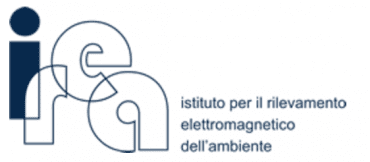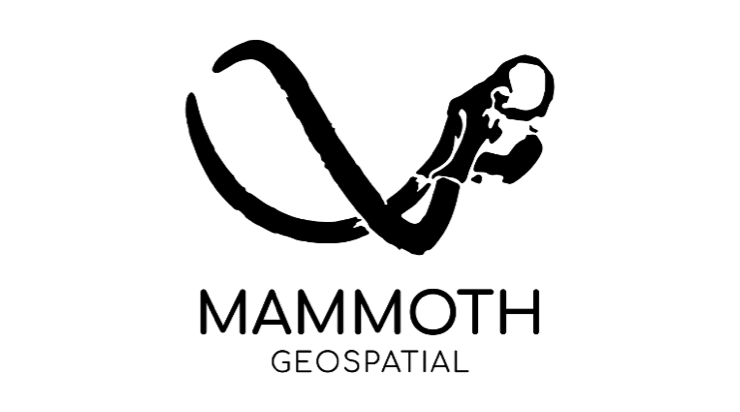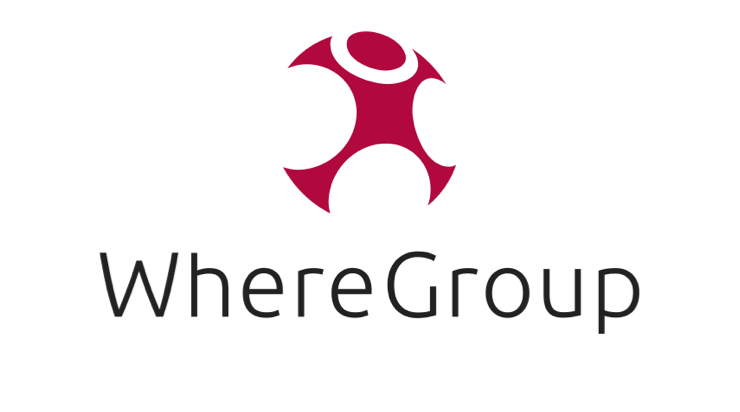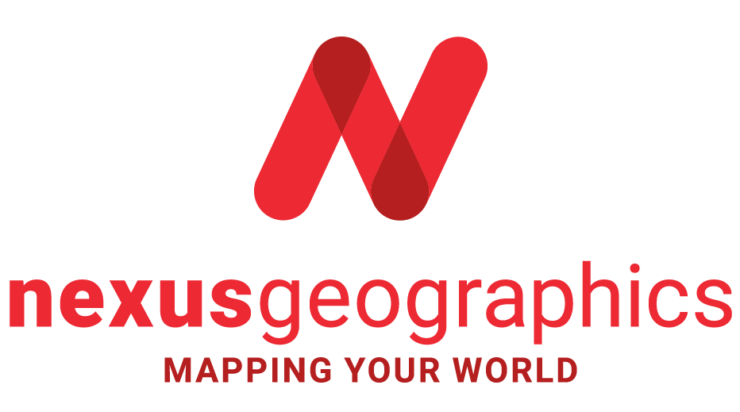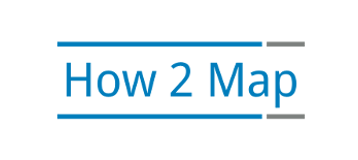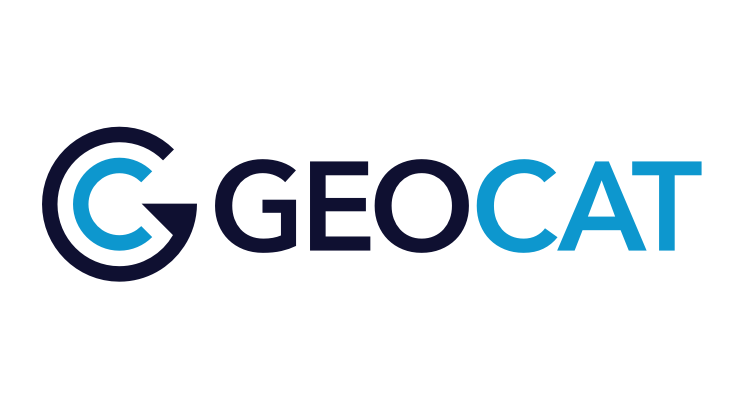CNR IREA is one of the Institutes of Italian National Research Council (CNR), the largest public research institution in Italy. IREA has a consolidated research expertise in the fields of optical and microwave remote sensing, in-situ diagnostics for environment and territory, risk assessment for exposure to electromagnetic fields and their possible applications in medicine.
Activities of CNR IREA GeoLAB are mainly addressed to create open source software solutions to manage and publish well-described geospatial data (satellite maps, sensor observations, etc.), and to improve the adoption in the researcher community with different supporting facilities.
One example is given by the the Geoinformation Enabling ToolkIT starterkit® (GET-IT), an open software suite, developed to enable environmental and marine researchers to create autonomous, data nodes of a Spatial Data Infrastructure. GET-IT allows researchers to upload, manage and view research results in the form of maps and observations through OGC services and by enabling direct control on data upload and editing.
Another example is EDI, a general purpose, customizable, template-driven metadata editor. EDI is composed of a backend web service and a html5/javascript client. It can be customized for managing the creation of different types of metadata; once instructed for a specific format, EDI can present to the users a web form for the creation of metadata. EDI is mainly meant to help users in compiling metadata not only supplying more human readable information than XML schemas, but also providing all the invariant part of the metadata (“profile”), letting the user concentrate only on the parts related to the specific metadata deployment.
Researchers and users in general are supported for an easy-to-use uptake of these tools as CNR IREA GeoLAB provides them also different educational facilities like documentation, FAQ, webinars, which will be accessible at OSGeo Resources.
CNR IREA GeoLAB software codes are accessible on GitHub at https://github.com/SP7-Ritmare.
CNR IREA GeoLAB is strongly involved in projects making use of VGI for Citizen Science applications. It is focused on both practical applications of VGI in CS, on quality representation and assessment of the volunteered information, on its integration with authoritative information and on the promotion of available FOSS (such as Ushahidi and iNaturalist). A recent book entitled “Mobile Information Systems Leveraging Volunteered Geographic Information for Earth Observation” published by Springer has been edited on such topics.
CNR IREA GeoLAB is deeply involved in different initiative (LTER network – http://www.lter-europe.net/ and http://www.lteritalia.it), infrastructure (e.g. LifeWatch) and European projects (e.g. eLTER, ODIP2, TellMe), MIUR PRIN project (URBAN GEO BIG DATA) for creating distributed acentric infrastructures of data for the ecological, environmental, urban realm.
CNR IREA GeoLAB is active in researches and projects about interoperable infrastructures for geodata, born from the need of using the Web to share, spread and process geospatial products of the research, mainly maps from Earth Observation as well as in-situ observations.
Keywords are: interoperability of data and systems, independence of delivery tools with respect to accessing and viewing clients, storage and maintenance of data where they are produced, VGI quality, syntactic and semantic interoperability
All activities are framed within outstanding international initiatives, such as the European Directive INSPIRE, the Copernicus Programme of the European Commission, GEO-GEOSS, SWE and the GRID platforms.
Research applications for these IT solutions regard thematic maps, observations and sensors related to ecology, agriculture and water quality of inland waters, lake biodiversity and snow/ice covers.
Strictly connected to such research topics is the research relative to Geo Big Data and geographic information on the web from multiple sources: remote sensing, smart and social sources, by exploiting multiple techniques related to various disciplines such as soft computing for modeling imprecision and uncertainty, Information Retrieval; spatio-temporal data mining.

